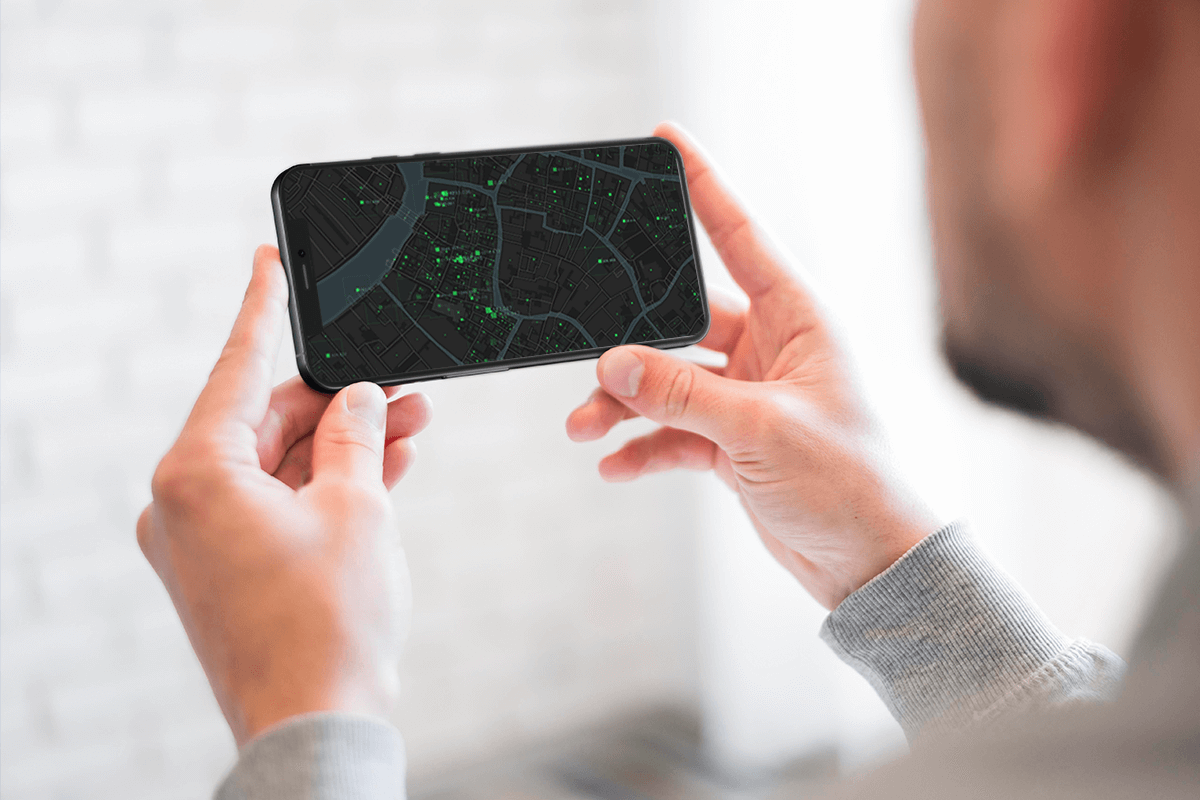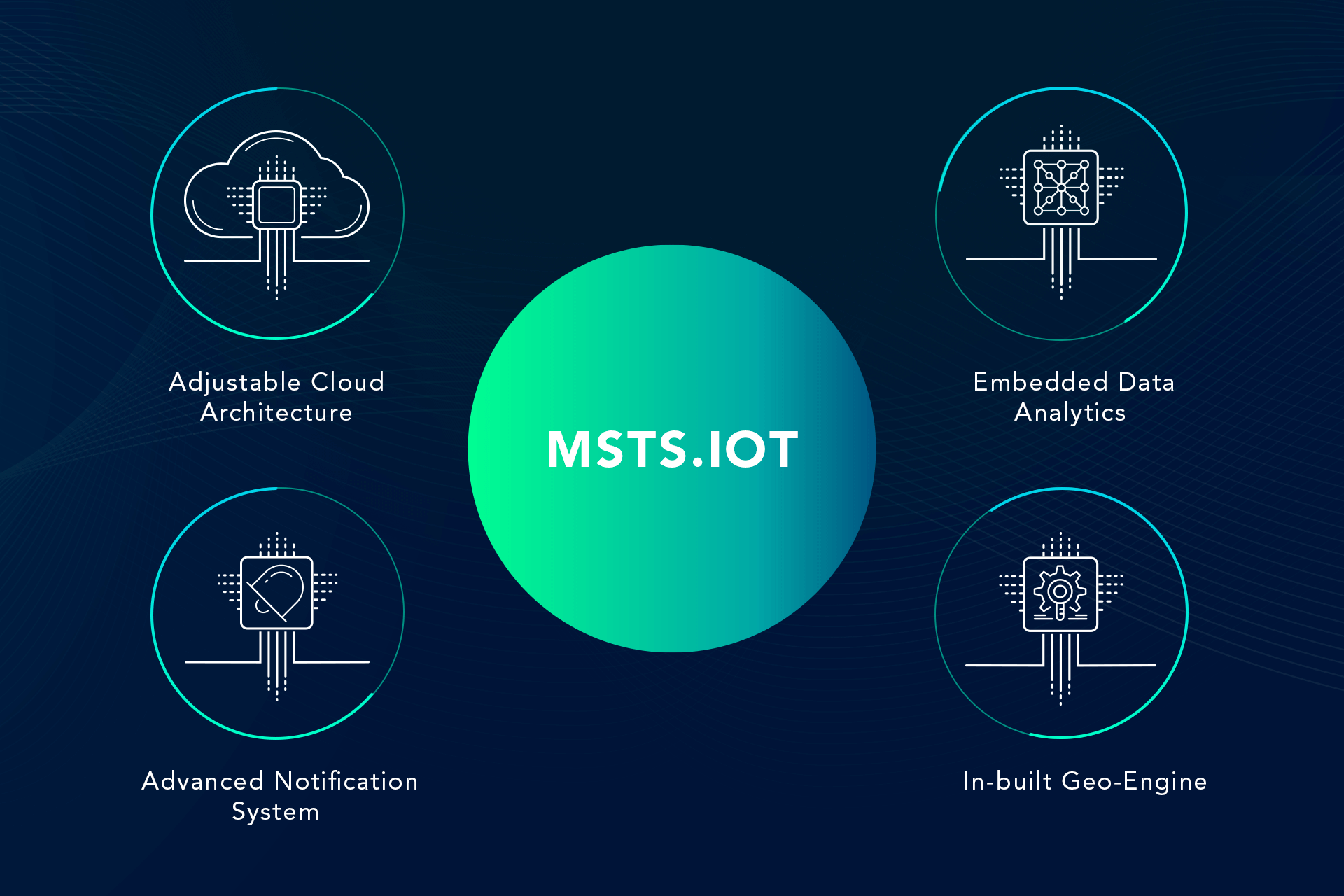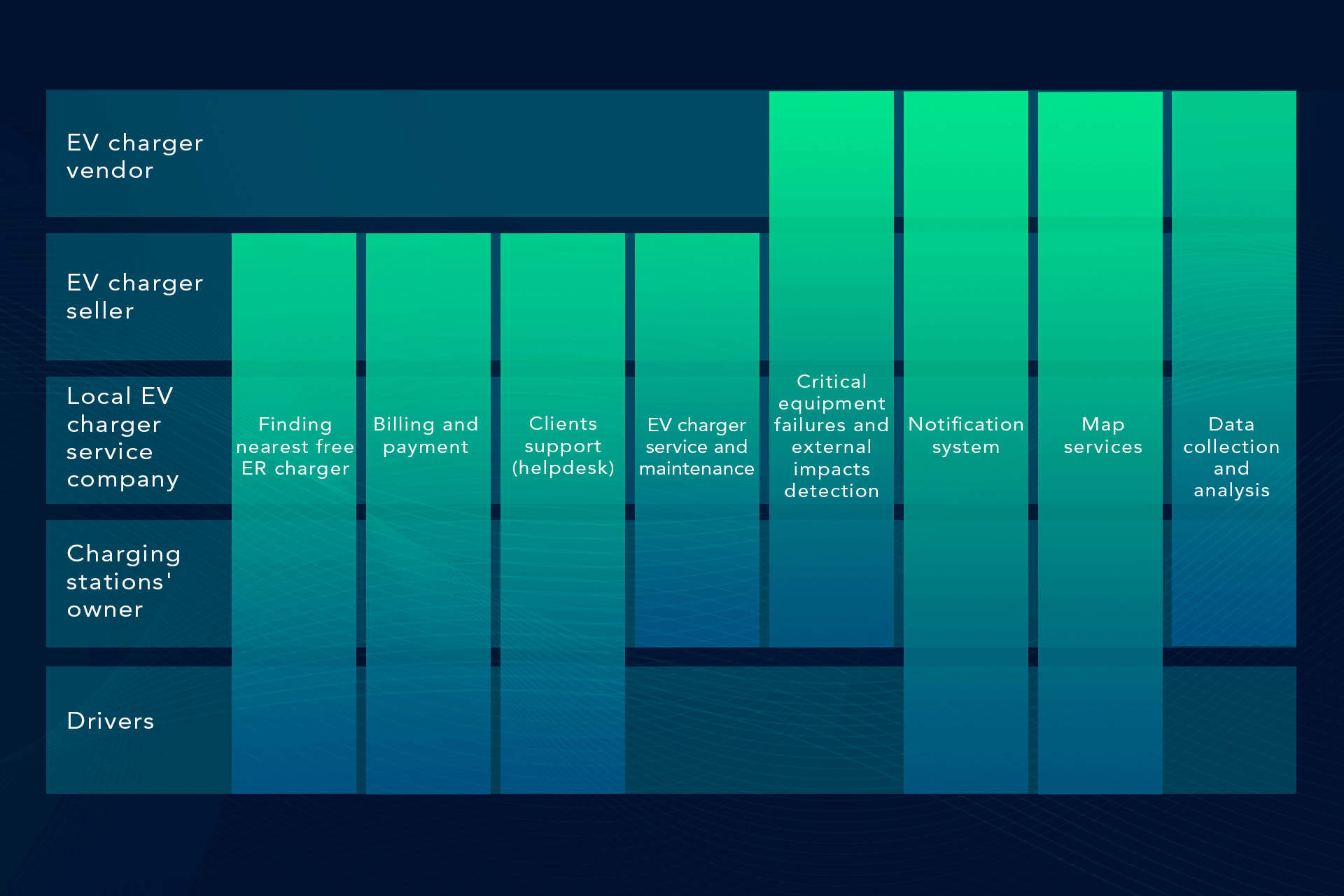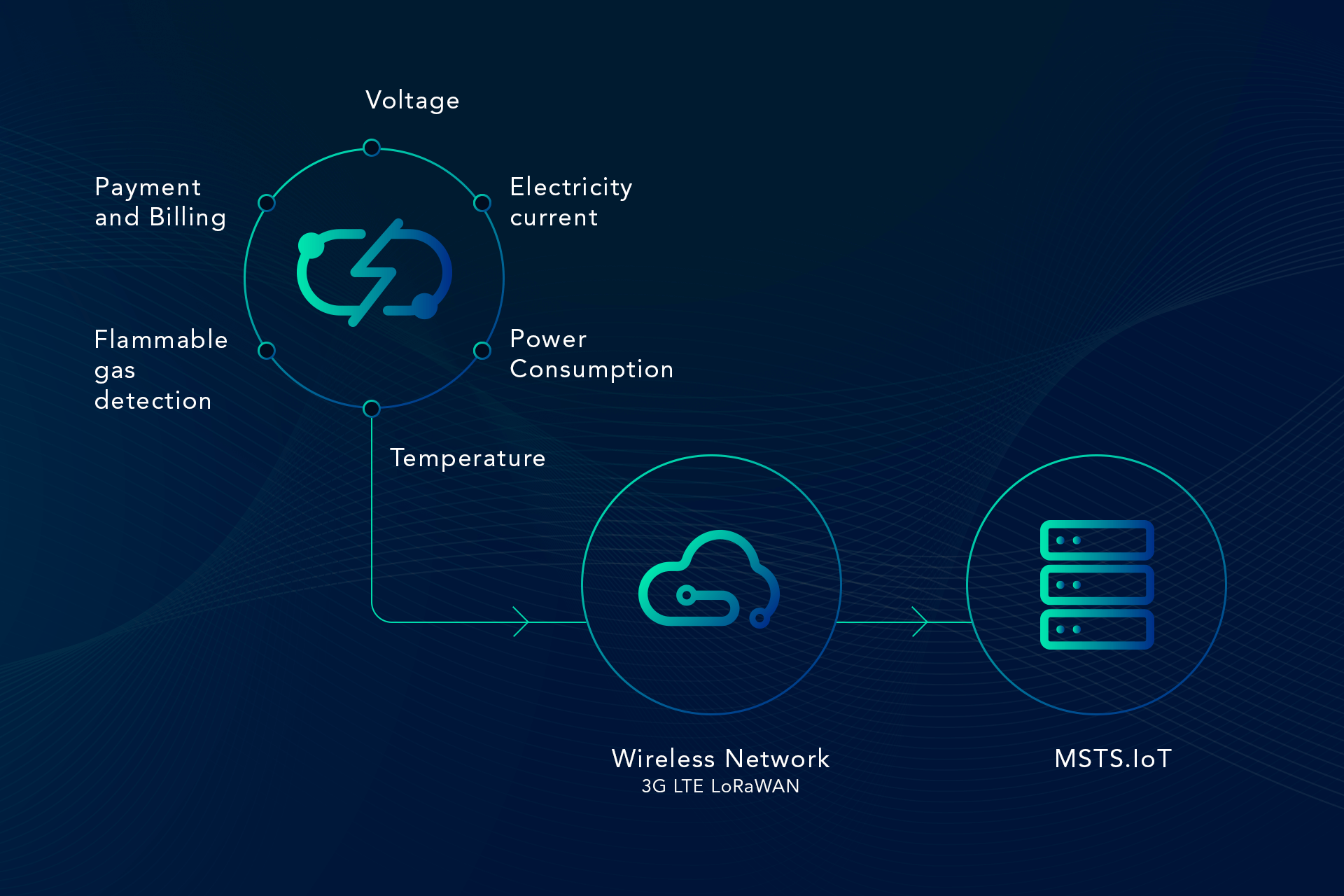The Internet of Things (IoT) is a cutting-edge technology that is promptly conquering the business world.
In an era of Big Data, when real-time information and advanced connectivity play significant roles in many industries, IoT becomes a key solution, which allows companies to hold the lead. According to IDC, worldwide spending on IoT-powered technologies will grow to $1.2T, at 13.6% CAGR, in 2022.
As we can see from the numbers above, the world is heading towards higher connectivity. The expansion of “smart devices” on par with digitalization initiatives will undoubtedly influence every aspect of human lives and catalyze business innovations, thus enabling organizations to stay competitive and keep up with global challenges.
McKinsey states, «As IoT expands, companies’ connectivity expenditures will rise by about 15 percent annually through 2022.»
As IoT generates vast amounts of data, it is a significant driver for big data analytics solutions and applications that are designed to process and analyze large sets of data from multiple attached or embedded sensors.
IoT in Electric Vehicles: Getting All Data for Maximum Control
As the concerns about carbon dioxide emission, energy conservation, and unsustainable fossil fuels are rising, Electrical Vehicles (EVs) become prevalent all around the world.
As the market grows, the demand for smart charging stations rises. Today, most fuelling stations for electric vehicles are decentralized and have a very complex structure, which means they are hard to manage and maintain for on-site personnel.
EV Charging Stations Challenges
For instance, EV charging stations have to be online all the time, as users charge their cars with an app, but if a station suddenly goes offline, it must be fixed as soon as possible. Moreover, data transmission is also a weak point, as needed data are often failed to be timely delivered.
With IoT technology, EV charger stations become smart, connected, and hence easily accessible for remote support and maintenance.

EV Charging Analytics for Clients: IoT-Powered Apps
Furthermore, with the IoT-powered charging apps, drivers can easily search for a nearby station and schedule a time to fill up.
The app automatically notifies if the station is available and reserves it when needed. Moreover, a great number of factors, such as exact charging time, weather conditions that could affect charging times, cable position, etc., are analyzed by the IoT-powered software, so users can access all real-time information about charging processes.
Cloud Platform for EV Charging Management
MSTS. IoT platform can also be a comprehensive solution for complex EV charging station control, usage, and management. MSTS. IoT connects various distributed engineering devices and manages them within one network. The platform applies adjustable cloud architecture – a private, public, or hybrid cloud storage can be deployed as required.
Data collected from various devices are processed and analyzed by advanced data analytics systems and then presented in a user-friendly way. In case of any problems or changes, MSTS. IoT platform immediately informs the right users about an occurring situation. Moreover, an in-built geo-engine allows to easily monitor and manage distributed devices.

The major advantage of MSTS.IoT is that it supports various application types, from “smart homes” to “smart cities”, and can be used in most industries, including healthcare, transport, energy, agriculture, etc.
Applying MSTS.IoT for EV Charging Stations
MSTS.IoT can also be applied to Electric vehicle (EV) charging stations, making them much smarter. Connecting charging stations, MSTS.IoT offers easier maintenance and management of charging devices and fueling processes via a user-friendly platform. The platform provides collaboration opportunities to station owners, local service providers, global equipment vendors as well as EV drivers.

Moreover, the IoT platform uses advanced cloud solutions that allow to collect and analyze data in real time. Current figures such as voltage, electric current, and temperature figures will provide significant support to service workers for station maintenance and monitoring processes.

Additionally, a geo-dashboard shows geographically distributed EV charging stations and identifies the nearest EV charging station for a driver. To make it even more convenient for users, the geo-dashboard applies a color visualization – a reserved or occupied station is red-colored, and a free one is marked with a green label.
The MSTS.IoT platform provides various access levels depending on users’ role and function. Furthermore, the multiple-level help desk allows users to get advanced assistance from a service company in case a charging network operator is unable to resolve the issue.
To make it all the easier for drivers, the embedded data system is able to analyze users’ data and identify behavior patterns to offer a user additional service and better support.
Final Words…
With IoT technology, EV charging stations become more efficient and convenient not only for drivers but also for service workers. Applying MSTS.IoT, EV stations can be easily monitored and managed within one platform. MSTS.IoT connects distributed EV stations, enabling drivers, charger vendors, local service companies, and station owners to collaborate more effectively.
If you are interested in MSTS.IoT implementation. Feel free to contact for further discussion- [email protected].




